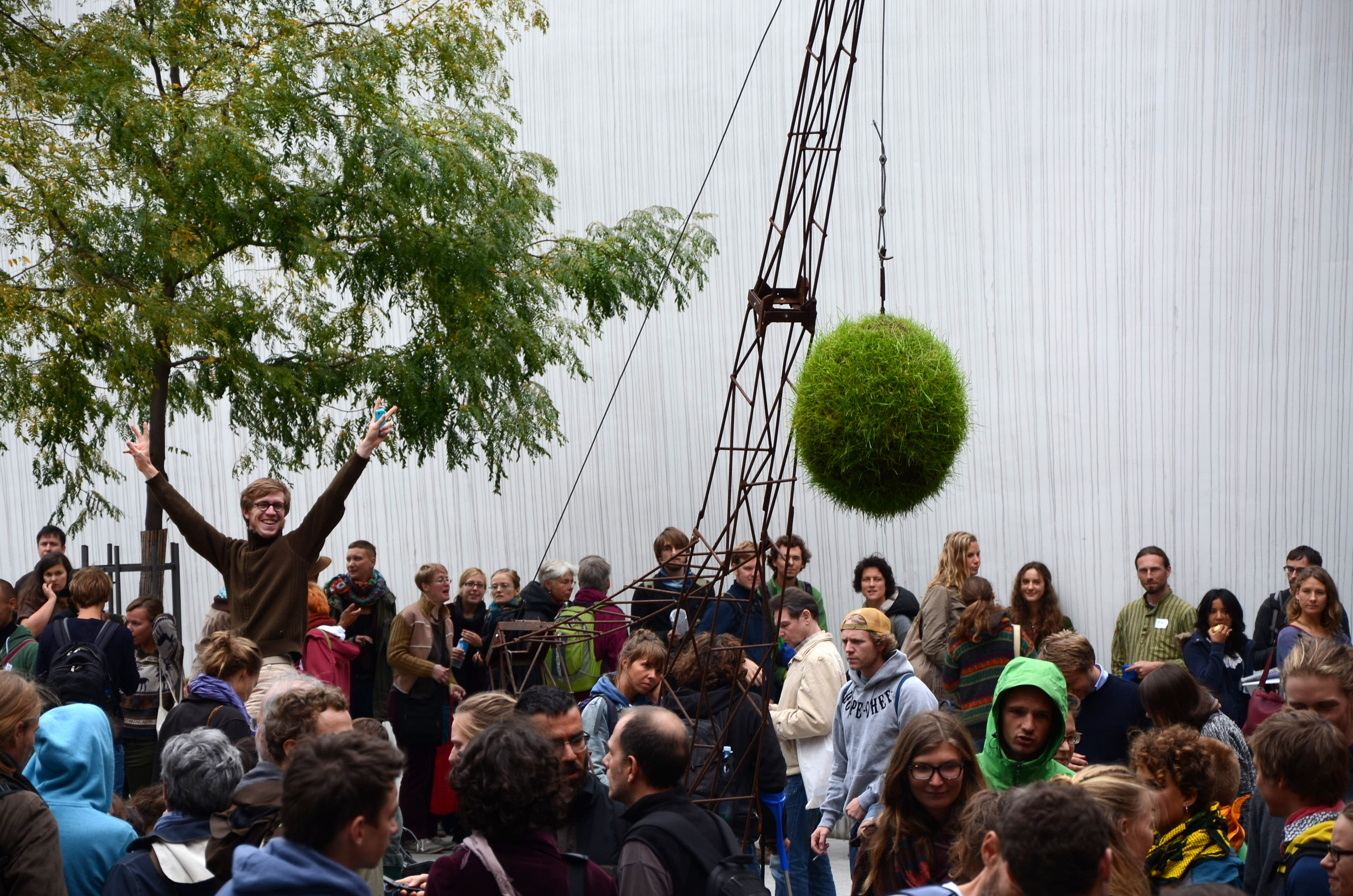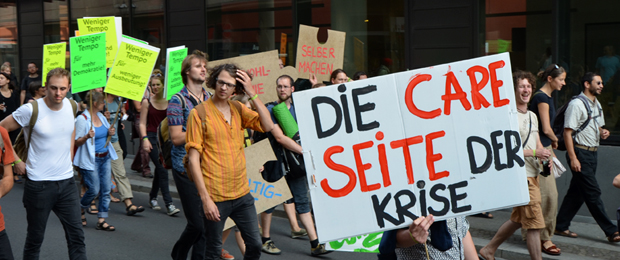The Future Earth Pathways Initiative is organizing a new webinar, as part of their Pathways Forum series, which will focus on practical applications of social metabolism. On October 22nd, we will be looking into what it means to weigh cities, how we can use material footprints to assess transition scenarios, and how social metabolic approaches uncover unequal ecological exchanges on a global level.
Classical approaches to economic theory are built on a fatal omission: that of the material cost of the extraction and disposal of resources and the environmental impacts that come with them. When focusing on the relationship between production and consumption, classical economists are forgetting sources, sinks, and the whole infrastructure needed to condition fluxes. Social and socio-ecological metabolic approaches allow us to understand economic processes more comprehensively than an analysis in monetary terms. Understanding the economy as embedded in a web of material and social relationships that are constrained by the boundaries of the environment, such approaches can account for the material footprint of all of these exchanges, from extraction to transformation and disposal.
What can these approaches contribute to social transformations? What are the limitations we have due to ecological limits? What underlying patterns can be identified at different levels of analysis? What scale is appropriate for such methods?
After exploring the foundational concepts of social metabolism and how it can be applied to sustainability issues in our 12th Pathways Forum, we will focus here on its applications at various scales and for various uses. We will be looking into what it means to weigh cities, how we can use material footprints to assess transition scenarios, and how social metabolic approaches uncover unequal ecological exchanges on a global level.
Speakers:
Sabine Barles, Université Paris 1 Panthéon-Sorbonne
Cristina Madrid López, Universitat Autònoma de Barcelona
Juan Infante Amate, Universidad de Granada

There’s lots of talk recently about the wealth of Jeff Bezos. There are maps comparing his wealth to entire countries, a “You are Jeff Bezos” game where you can spend his money on different things - like paying their fair-share of taxes, and a graphic that puts his wealth in perspective. A recurring point is that most people simply cannot fathom the amount of money he has. The number is $150...

The 6th International Degrowth Conference for Ecological Sustainability and Social Equity will take place in Malmö 21-25 August 2018, with Dialogues in turbulent times as its overarching theme. More information about the conference is available at malmo.degrowth.org. In the spirit of the previous conferences, the organizing committee is inviting three types of contributions: - academic ...

By Ulrich Schachtschneider A new star is born in the sky of the social movements: the degrowth-movement. The traditional left, however, observes this novelty somewhat critically – degrowth being a path that seems possible without the traditional left. Marxist, feminist and anti-racist analyses were largely missed at the latest Degrowth-Conference and where they were present, participants eyed ...